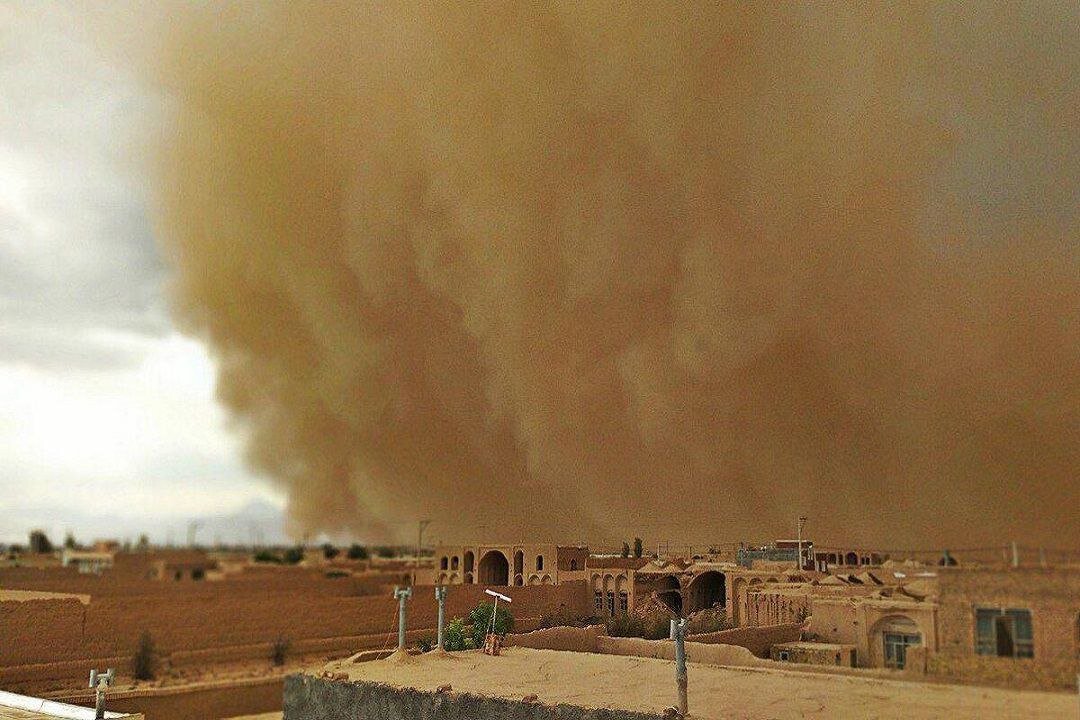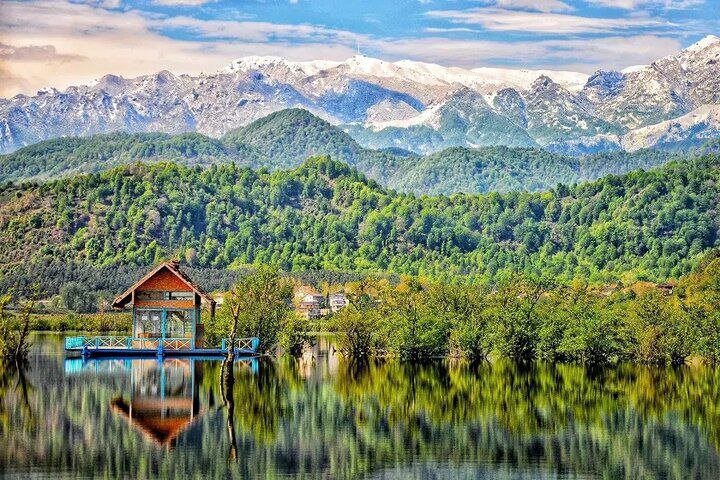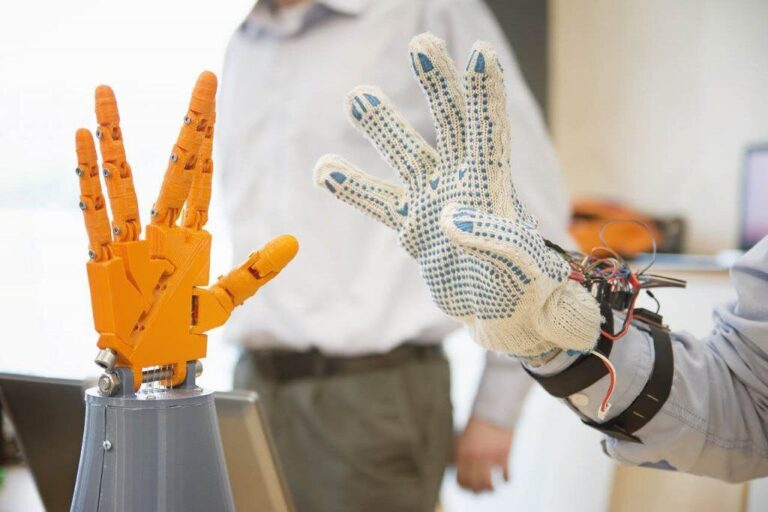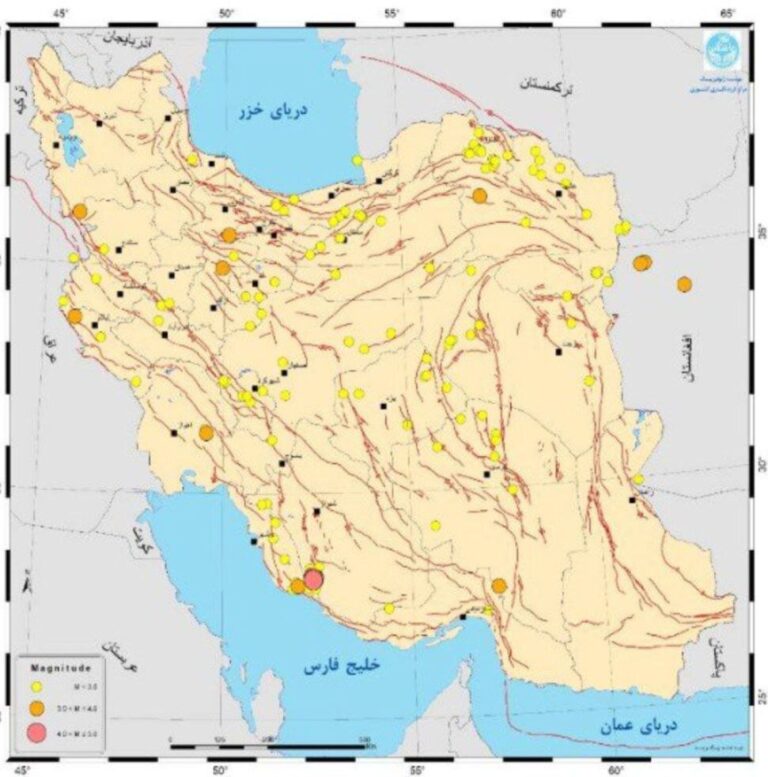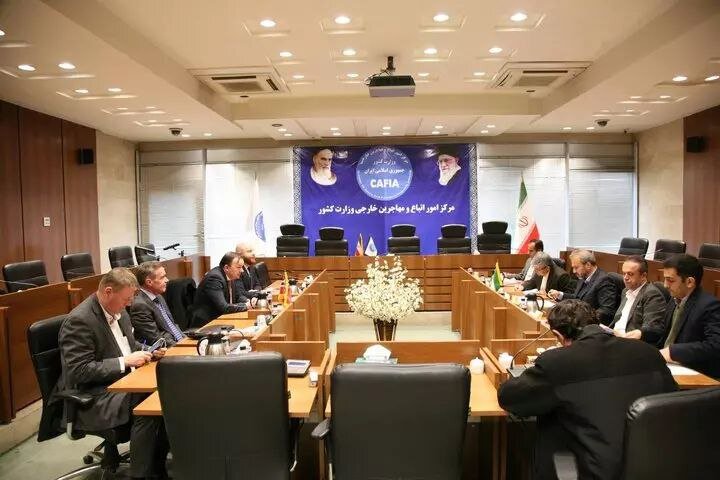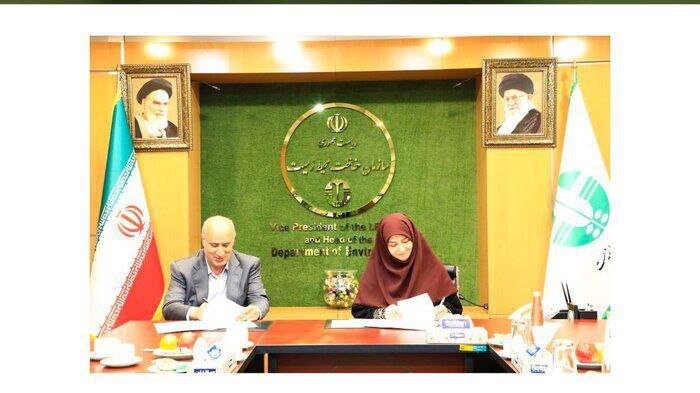Empowering Regional Cooperation: Sharing Expertise to Tackle Sustainable Development Solutions
Sand and dust storms (SDSs) are becoming an increasingly significant environmental challenge in many regions, particularly in West Asia. These storms not only impact the environment but also pose serious threats to agriculture, transportation, and public health. Sediqeh Torabi, an official from the Department of Environment (DOE), emphasizes the importance of exchanging information and enhancing regional collaborations to mitigate the adverse effects of SDSs.
According to Torabi, the frequent occurrence of these storms affects nearly all countries in the region. Independent studies indicate that while the sources of SDSs are scattered, each nation has its own potential dust sources with transboundary implications. This information was shared following the first regional dialogue aimed at enhancing inter-regional cooperation on managing SDSs, which took place on February 18 and 19 in Doha, Qatar.
Key Insights from the Regional Dialogue
During the meeting, several critical points regarding the impact and management of SDSs were discussed:
- Regional Impact: Provinces such as Ilam and Khuzestan in Iran are severely affected by sand storms originating from Iraq, while Kuwait’s dust storms significantly impact Iraq.
- Shared Strategies: Participants reviewed and discussed the measures each country has implemented to tackle sand and dust storms, comparing methodologies and effectiveness.
- Collaborative Approach: The nine countries involved agreed to share study results to prioritize areas for action and foster bilateral or multilateral cooperation.
The dialogue was organized by the Economic and Social Commission for Asia and the Pacific (ESCAP) and the Economic and Social Commission for Western Asia (ESCWA). It brought together senior officials from nine countries, including Iran, Saudi Arabia, Qatar, Turkey, Lebanon, Syria, Iraq, and Kuwait. The focus was on addressing the challenges posed by SDSs and their detrimental effects on various sectors.
Efforts to Combat SDSs
In addition to the dialogue in Doha, efforts are underway to integrate SDS management into broader environmental strategies. During the 38th meeting of the Regional Organization for the Protection of Marine Environment (ROPME) executive committee (EXCOME 38), Iran proposed to include combating SDSs in the organization’s strategic plan. This meeting took place on February 13 in Kuwait, with Ahmad-Reza Lahijanzadeh, a DOE official, representing Iran.
Even if SDS management is not approved as a separate strategic priority, Lahijanzadeh indicated that it would be addressed under the climate change agenda. In January, Iran and Iraq conducted meetings to establish pilot regions in both countries to explore the most effective strategies for combating SDSs. The designated pilot regions in Iran are located in Khuzestan province.
Future Meetings and Collaborative Efforts
The recent meeting in Doha served as a critical platform for senior officials to share knowledge and develop joint actions for dust management. Participants were categorized based on the affected areas and the intensity of the impacts. This categorization will help tailor interventions to the specific needs of each region.
As the challenges posed by sand and dust storms continue to grow, the commitment to regional cooperation and information sharing is essential for effective management. The collaborative efforts among these countries not only aim to address immediate concerns but also strive for long-term sustainable solutions to mitigate the impacts of SDSs.
In conclusion, the ongoing dialogue and strategic meetings reflect a collective acknowledgment of the urgent need to address the environmental challenges posed by SDSs. By fostering regional cooperation and sharing best practices, these nations can work together to tackle this pressing issue and protect their environments for future generations.
MT/MG
